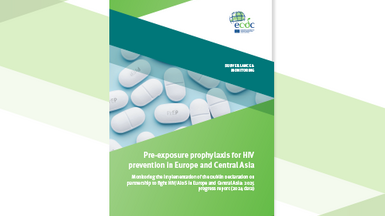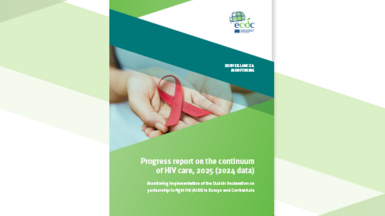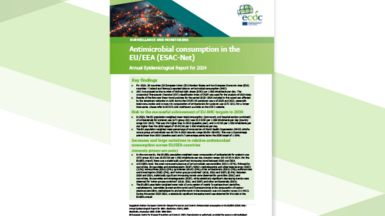Health inequalities, the financial crisis, and infectious disease in Europe
This report summarises the importance of addressing health inequalities by identifying key areas for attention from health professionals and policy makers. Presenting key findings from studies on the subject, it makes the case that socio-economic determinants can have a substantial impact on infectious disease control in Europe.
Executive Summary
This report addresses key emerging issues related to health inequalities and infectious disease control in the EU with potential links to the economic downturn.
The financial crisis continues to influence many of the key social determinants of health in Europe, both through changes to living conditions and to public spending. Health inequalities are present within the EU/EEA and recent evidence suggests that the financial crisis may have widened inequalities in many EU Member States as well as possibly adversely impacting members of vulnerable groups.
Infectious diseases, like other health issues, can be seen as both an indicator and product of the structure of society. Individuals are rarely subject to one key health determinant but often multiple determinants interact to affect health outcomes such as; wealth and distribution, unemployment, education, and the living environment and urbanisation. The report highlights the importance of addressing health inequalities by identifying key areas for attention from health professionals and policy makers.
In conjunction with the report, ECDC is hosting a meeting in Stockholm which will discuss to what extent health inequalities are important for infectious disease prevention and control, and share experiences and best practices on how negative effects can be mitigated. It will be attended by experts from most Members States as well as international experts on the subject.







